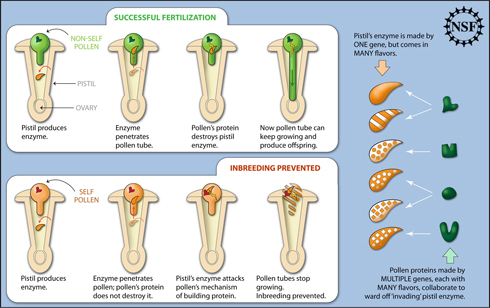Second-generation Immigrants Outperform Mainstream Populations in the US, Canada, and Australia
TORONTO, ON – A new study published by the Social Science Research journal reveals that second-generation Chinese and South Asian immigrants in the US, Canada, and Australia are more successful than the respective mainstream populations (third- and higher-generation whites).
Jeffrey G. Reitz and Naoko Hawkins from the University of Toronto and Heather Zhang from McGill University examined survey and census data from these countries to compare the achievements of immigrants and their offspring. (more…)

